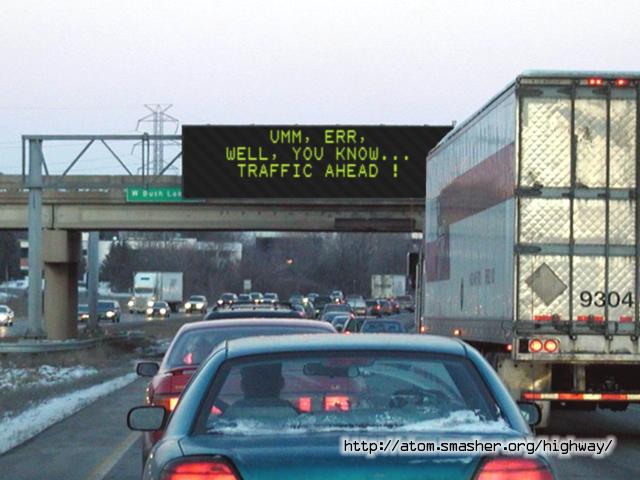So, how do you, like, um, stop using verbal fillers that can make you sound, you know, nervous or not so smart?
Is there a name for this?
Communications experts describe “um,” “aah,” “you know” and similar expressions as discourse markers, interjections or verbal pauses.
They often occur when we are trying to think of the next thing we are going to say, Susan Mackey-Kallis, an associate professor at Villanova University who teaches public speaking, said in an email.
When stakes are high or we are nervous — in a job or media interview, or during a speech, presentation or conference call — we tend not to breathe as much and we talk faster, so our words get ahead of our thoughts, Lisa B. Marshall, a communications expert and the author of “Smart Talk: The Public Speaker’s Guide to Success in Every Situation,” said in an interview.


